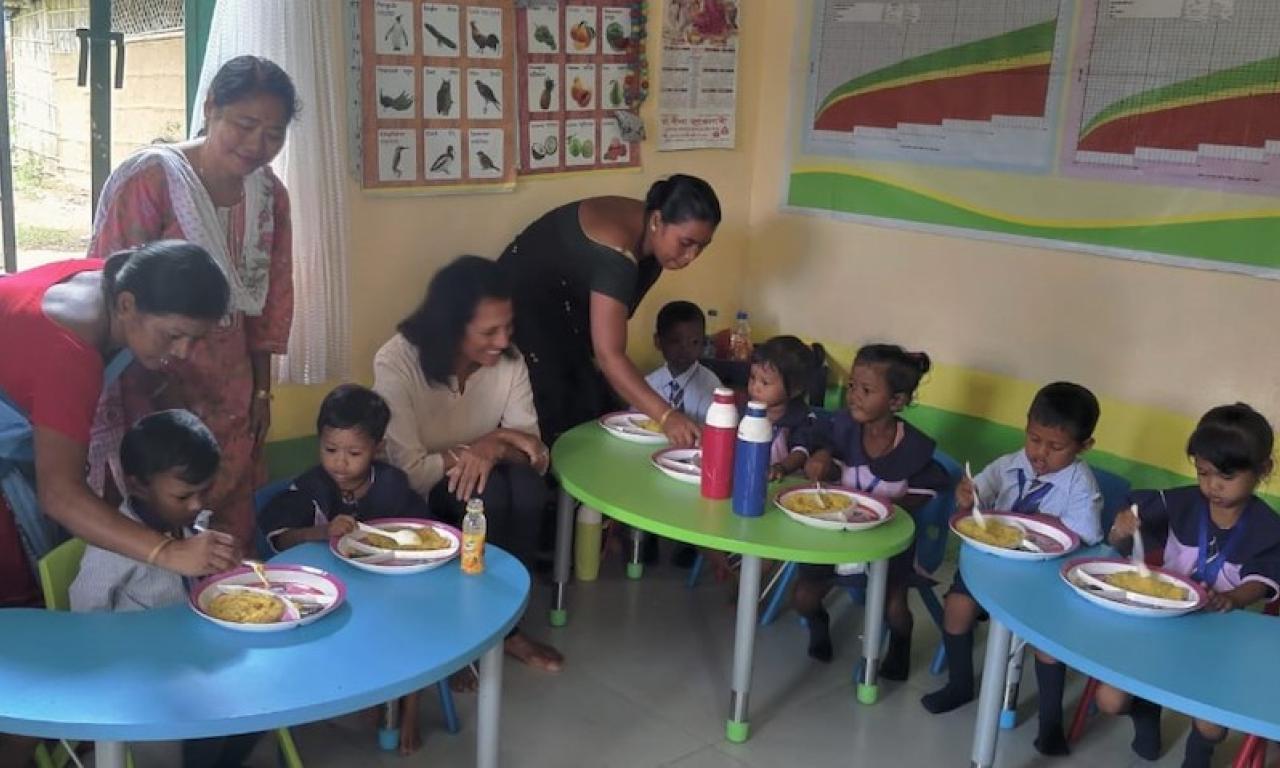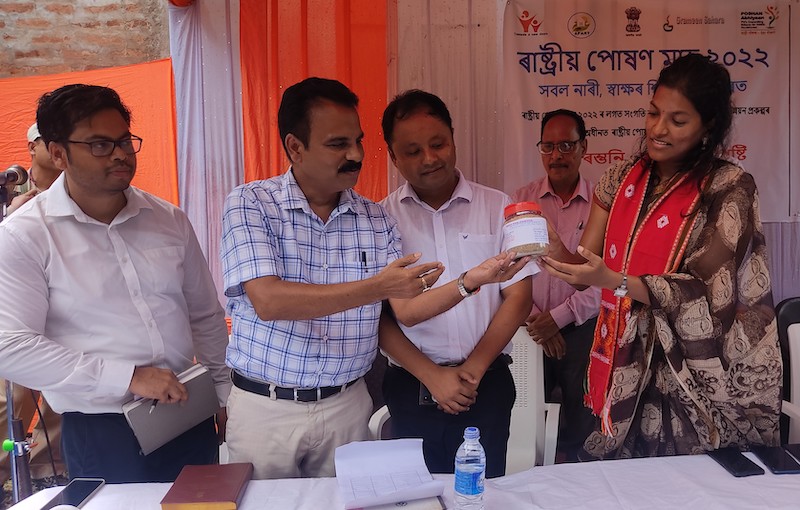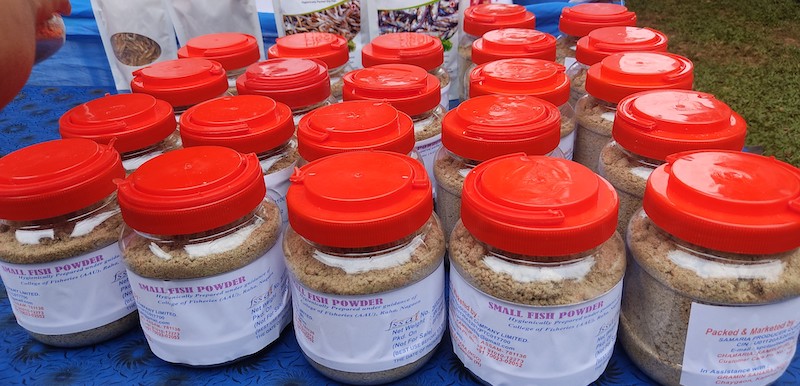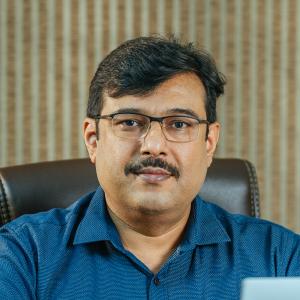
- Assam continues to grapple with high food insecurity and malnutrition levels, especially among young children and pregnant-lactating women despite its vast resources.
- Increasing the accessibility, availability and affordability of aquatic foods among consumers will lead to an increase in aquatic foods consumption that will reduce malnutrition and hidden hunger that many nations are experiencing.
- WorldFish, through the Matsya Paripusti project, aims to improve the nutrition profile of malnourished children and their physical and mental growth by advocating for the inclusion of nutrient-rich dried small fish powder in their mid-day meal program at the Anganwadi centers.
The state of Assam, situated in the northeast of India, has a considerable percentage of its population below the poverty line with nearly 86 percent of its population residing in rural areas. Despite its vast resources, Assam continues to grapple with high food insecurity and malnutrition levels, especially among young children and pregnant-lactating women.
Assam’s health and nutrition indicators have not shown much improvement over the years. The latest National Family Health Survey (NFHS-5) reports that 35 percent of children in Assam under the age of five are stunted, or too short for their age, 22 percent are wasted, or too thin for their height, 9 percent are severely wasted and 33 percent are underweight. The high levels of undernutrition across the board still pose a major problem to the well-being of the people in Assam.
Aquatic foods, which include a variety of animals, plants and microorganisms that are grown and harvested from water, are regarded as superfoods. Aquatic foods, which are abundant in accessible micronutrients and essential fatty acids, have a profoundly positive impact on mothers' nutrition and health and children's cognitive development in the first 1,000 days of life.
Increasing the accessibility, availability and affordability of aquatic foods among consumers will lead to an increase in aquatic foods consumption that will reduce malnutrition and hidden hunger that many nations are experiencing.
Promoting the consumption of aquatic foods

Under the Assam Agribusiness and Rural Transformation project (APART), WorldFish conducted a series of mass awareness programs to increase the consumption of aquatic foods, particularly small fishes rich in micronutrients. The public was educated on the health benefits of small fish consumption and the inclusion of small fish-based nutrition in the diets of women especially, pregnant and lactating women as well as infants and young children.
In the month of September 2022, the inclusion of small fish powder in the Integrated Child Development Scheme (ICDS) Supplementary Nutrition Program, or better known locally as Matsya Paripusti, was launched at Kukurmara Anganwadi Center #4 in the district of Kamrup.
Anganwadi centers provide non-formal preschool education, supplementary nutrition, education on nutrition and health, immunization, health check-up and referral services of which the last three are provided in convergence with public health systems.
Improving nutritional profiles of malnourished children

WorldFish, through the Matsya Paripusti project, aims to improve the nutrition profile of malnourished children and their physical and mental growth by advocating for the inclusion of nutrient-rich dried small fish powder in their mid-day meal program at the Anganwadi centers.
The pilot project is sponsored by Indian Oil Corporation Limited (IOCL), in collaboration with and support from the Department of Fisheries, WorldFish and the Assam Rural Infrastructure and Agricultural Services (ARIAS) Society. The College of Fisheries at Assam Agricultural University (AAU) provided the quality control and analysis of small fish powder.
In the pilot project, the dried small fish powder will be included in the children’s meals twice a week for a period of three months. The dried small fish powder is derived from locally available small fish and prepared by the Farmers Producers Company with the help of AAU. An estimated 7,000 children aged between 3 to 6 years across 293 Anganwadi centers are expected to benefit from this project.


